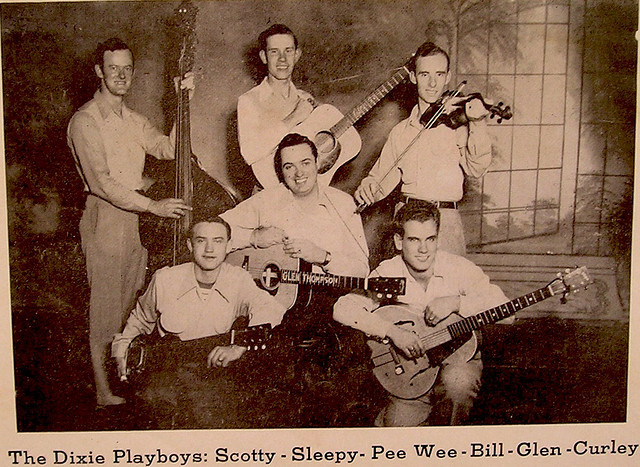Each week in Play in Process, Richard Clark shares what he’s been playing and why it matters.
Games resonate with us for various reasons. Whether we find them to be primarily fun, satisfying, addicting, peaceful, frustrating or disturbing, we have these reactions to them because they are leveraging a certain truth, whether it be about the world, ourselves, or games themselves. Most often, games are known for being fun; everything else tends to be secondary. That’s because a game relies first and foremost on being played. This is why some of the best games are merely mechanical.
Still, those systems mean something. Fun is actually a word that encompasses all of the others. We enjoy Tetris because we enjoy bringing order to chaos. We enjoy Pac-Man because we enjoy flourishing in the midst of a desperate attempt of survival. We enjoy racing games because they allow us to test our own limits. At least, those are oversimplified guesses as to why we enjoy those things. You get the point.
The latest racing game I’ve been playing, Need For Speed: Hot Pursuit, manages to marry solid gameplay mechanics, setting, and a barebones narrative to create a player experience that is more than simple “fun”. It sticks with you. In Hot Pursuit, you choose between playing the racers or the cops, charged with putting an end to the racing menace. Unlike other racing games, Hot Pursuit focuses on the implications of no-holds barred racing. Even as the racer, you hear police chatter that feels serious and desperate. They talk about the damage done, the out of control nature of the racer. They talk about you. This is so effective that it’s a joy to switch over to police mode and deal out justice.
Ultimately, that’s what the game is about: justice. In Tetris, you bring order to chaos in an extremely abstract sense. In Hot Pursuit, you take practical measures against chaos, or you enact chaos yourself – though all you were really trying to do was win a race. It’s a surreal experience, really, switching back and forth between self-centered psychopath and self-appointed defender of justice and order. That’s a kind of moral whiplash that finds its home deep within our brain – a double empathy that compliments itself.











